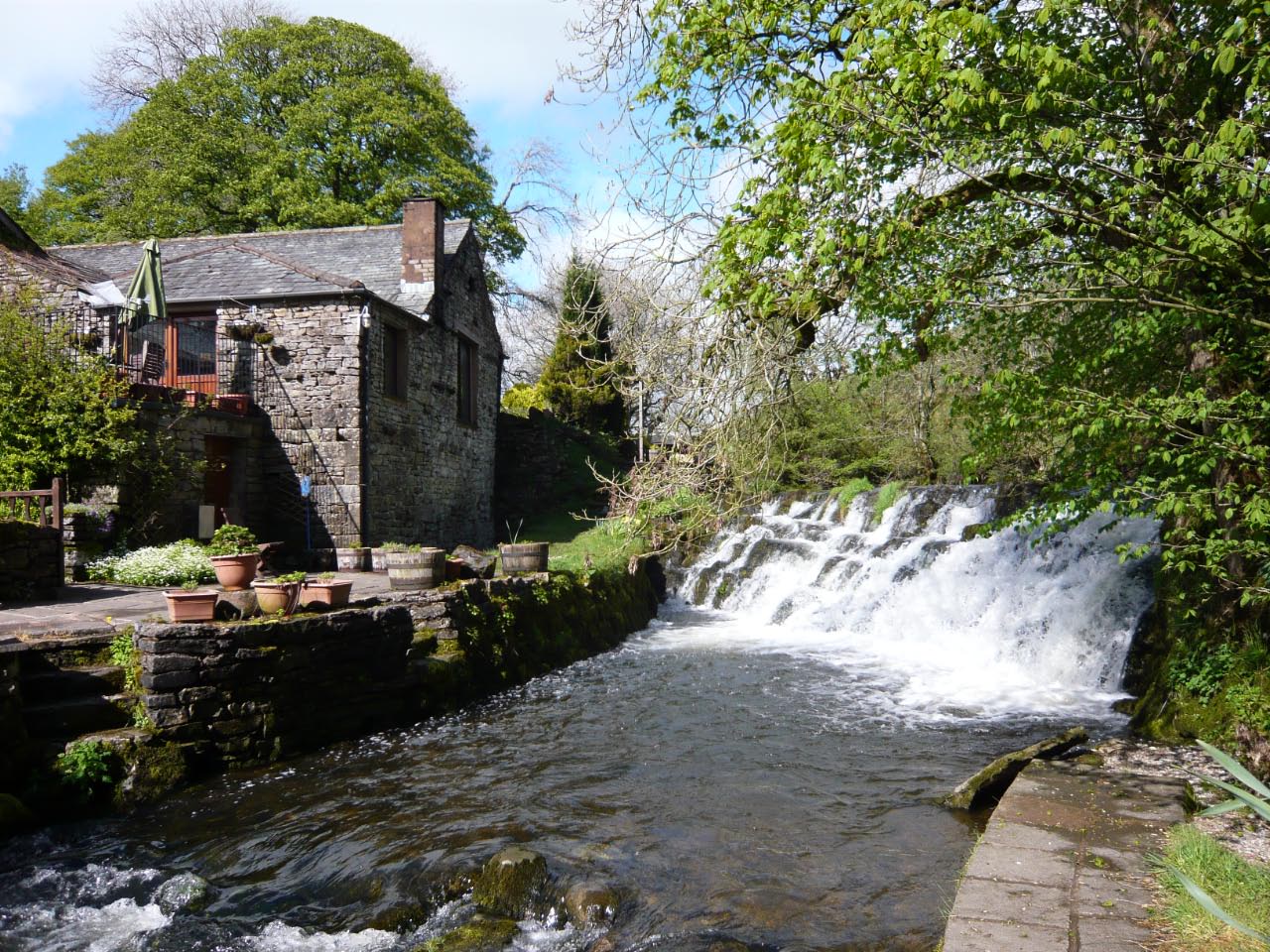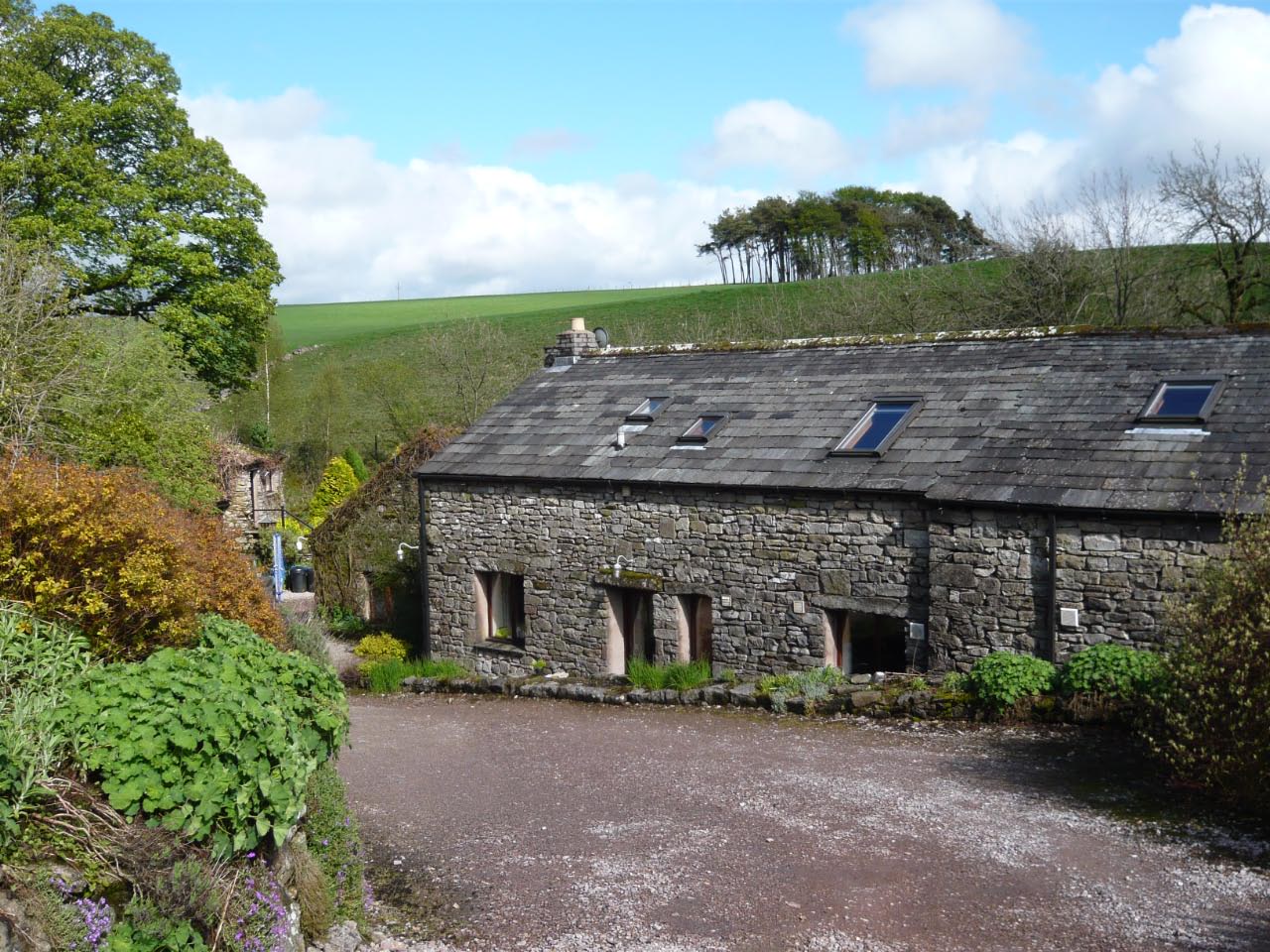Yesterday was a normal day's work for me. The group is getting a bit more distant. In writing the reflection yesterday, I skipped past the structure of the final morning. Waking, writing, tea, fruit, greeting, breakfast. We negotiated details of the final morning timings. The start was the last meeting of our small foursome support group. Then we moved to a session in our groups of 12 or 13, and we ended with 45 minutes in the full group of 37.
Precious. I deeply appreciate how I can be randomized - names out of a hat - to pretty much any other 3 to form a small support group, and if we work to be honest/authentic, sensitive/perceptive, caring/kind (see the communication scales) nearly always the time we spend together becomes hugely rich. Yes, this is partly because our experiences in the wider group changes us and help us to be more and more open with each other in these small support groups - and it's partly because the quality of our interaction and mutual support in these small groups helps us be more true and courageous in the larger groups.


